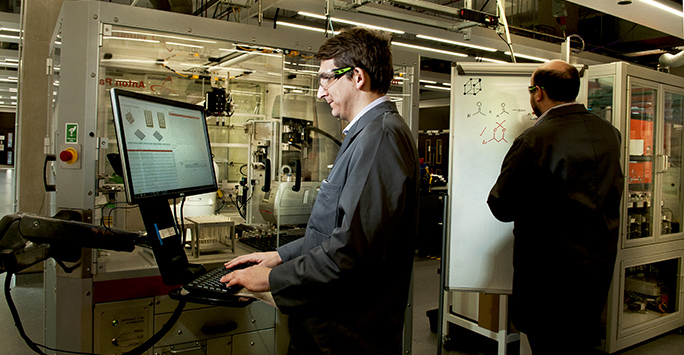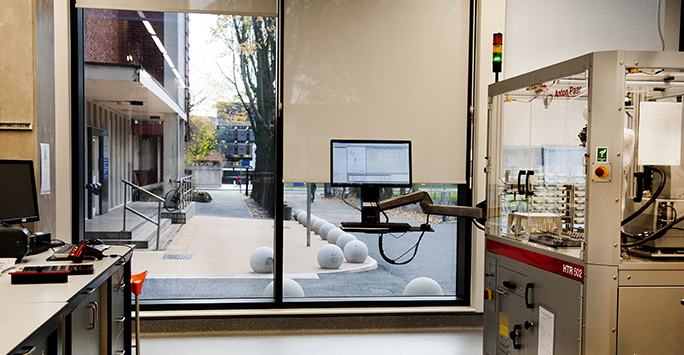
Case study: De novo materials design
From cutting carbon emissions and air pollution to drug delivery, some of our world’s most pressing problems are dependent on the development of new materials.

Case study: The shape of spaces
A new method of analysis, topological data analysis, promises to uncover the underlying patterns in everything from climate research data to crystalline materials.